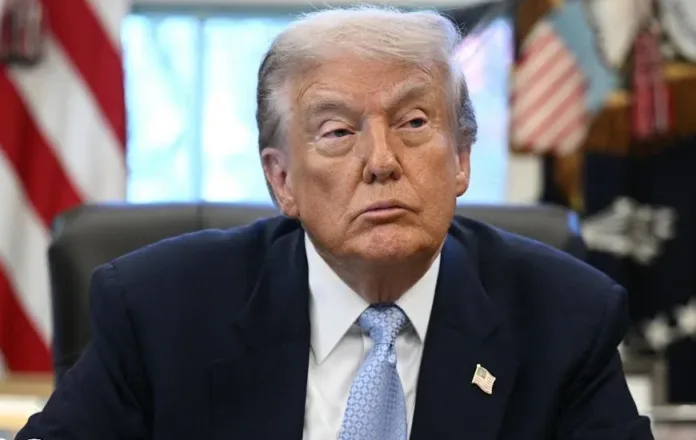Trump orders justice department to publish all Epstein investigation files within thirty days
President Donald Trump has signed legislation that requires the United States Department of Justice to release all files connected to its investigation of Jeffrey Epstein. The order compels the department to publish the material in a searchable and downloadable format within thirty days. The decision marks a significant shift for the president, who had previously opposed the release of the documents but faced rising pressure from survivors of Epstein’s crimes and from members of the Republican Party.
Congress cleared the bill with overwhelming bipartisan support. The House of Representatives approved it with a vote of four hundred and twenty seven to one, while the Senate agreed without objection. Lawmakers pursued the legislation despite the fact that the president could have ordered the disclosure without congressional action. The high level of support signalled a rare moment of unity within a sharply divided political landscape and placed additional pressure on the White House to comply.
The files that must now be released include investigative documents gathered during federal inquiries into Epstein. These materials cover transcripts of interviews with victims and witnesses, items seized from his properties, internal communications of the Justice Department, flight records and the names of individuals and entities connected to Epstein. The legislation permits limited redactions in order to protect victims, preserve the integrity of open cases or maintain grand jury secrecy. It does not allow edits for political embarrassment or reputational concerns.
Trump announced the signing of the bill in a statement on Truth Social. He claimed that Democratic lawmakers had championed the release to distract from his administration’s achievements. In the same message, he suggested the files would expose what he described as the connections of prominent Democrats to Epstein. The president did not cite any specific evidence. He said the legislation would ensure that the public would soon know the truth.
The shift in the president’s position followed criticism from survivors who argued that withholding the files continued a pattern of secrecy surrounding the case. Several Republicans also urged the White House to support disclosure. Trump reversed course last week and endorsed the bill before it reached final passage.
The release of the files is expected to draw significant public interest. Epstein died in a New York prison cell in 2019 in what coroners ruled a suicide while he awaited federal charges for sex trafficking. He had previously been convicted in 2008 of soliciting prostitution from a minor. His connections to high profile figures in politics, business and entertainment have fuelled continued scrutiny of the circumstances surrounding his activities and the legal system’s handling of his cases.
Trump had known Epstein socially in earlier decades but has said they ended their association before Epstein’s first arrest. The president has consistently denied any wrongdoing related to Epstein. He told reporters earlier this week that Republicans had nothing to do with Epstein and described the matter as a problem for Democrats.
The forthcoming release will add to the large collection of material already made public. Congress earlier disclosed more than twenty thousand pages of documents from Epstein’s estate which included exchanges referencing the president. Those papers prompted renewed calls for full transparency and further inquiries into Epstein’s networks and activities.
The Justice Department will now begin preparing the files for publication. Observers expect close scrutiny of the process, particularly regarding the reasons cited for any redactions. Survivor advocacy groups continue to press for a complete accounting of the case and for clarity on every individual referenced within the investigative archive. The next month will determine how much of the record becomes available and how much remains shielded under existing legal protections.
